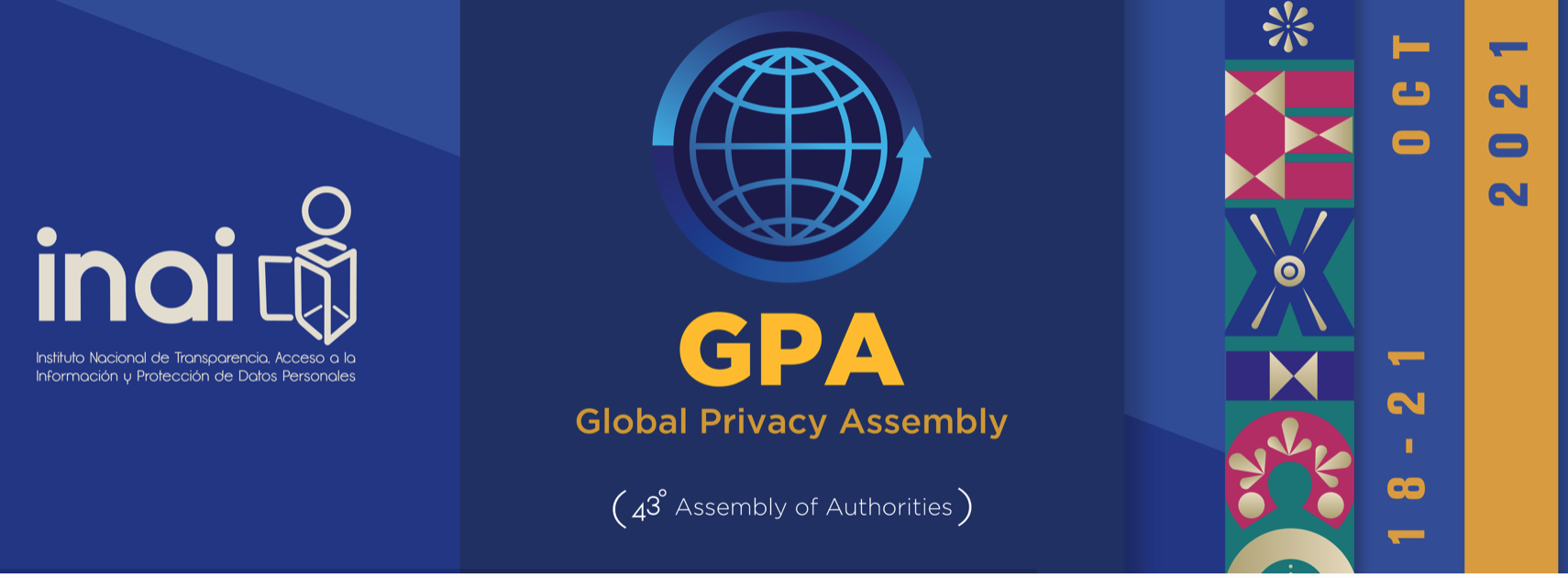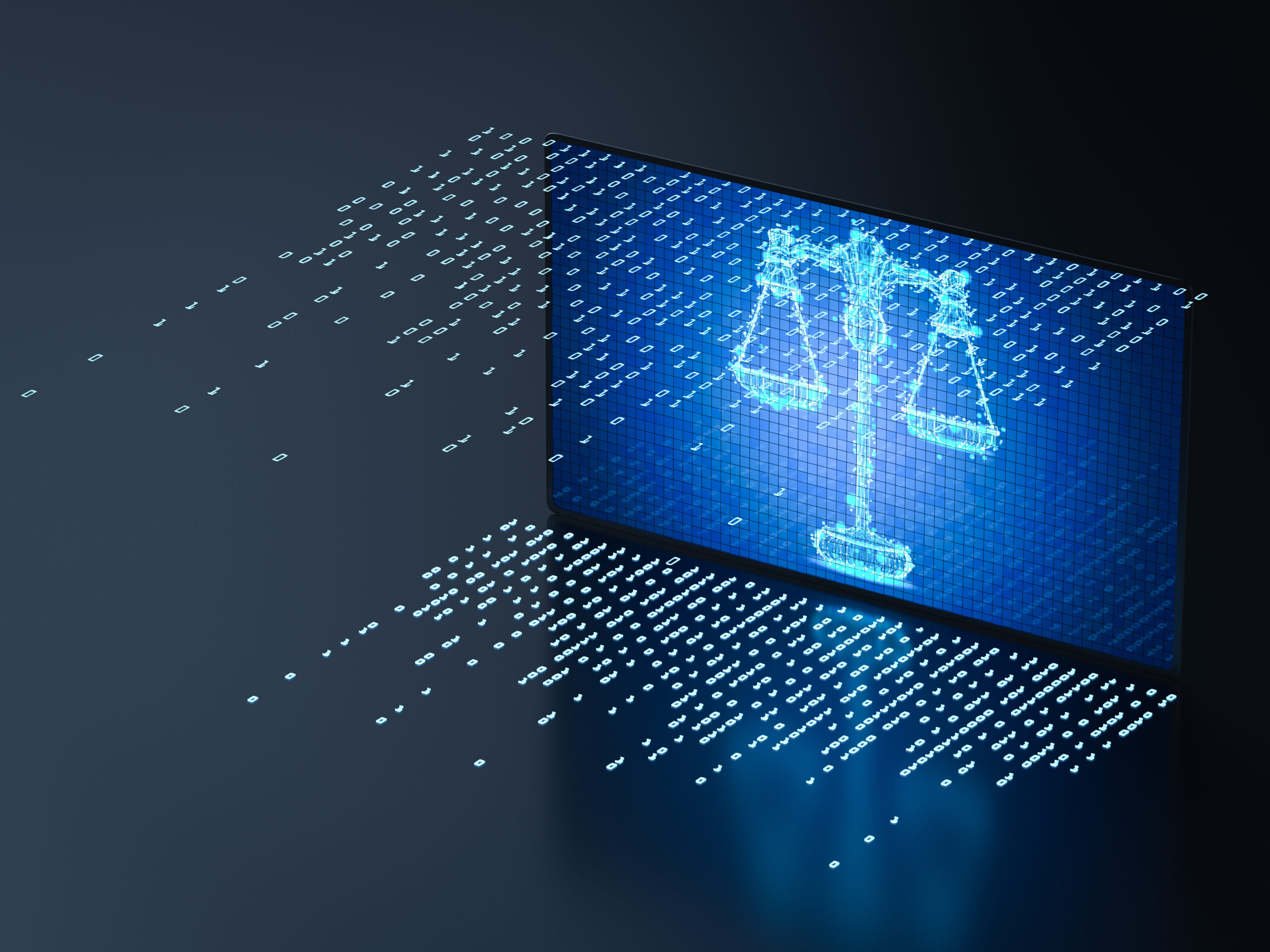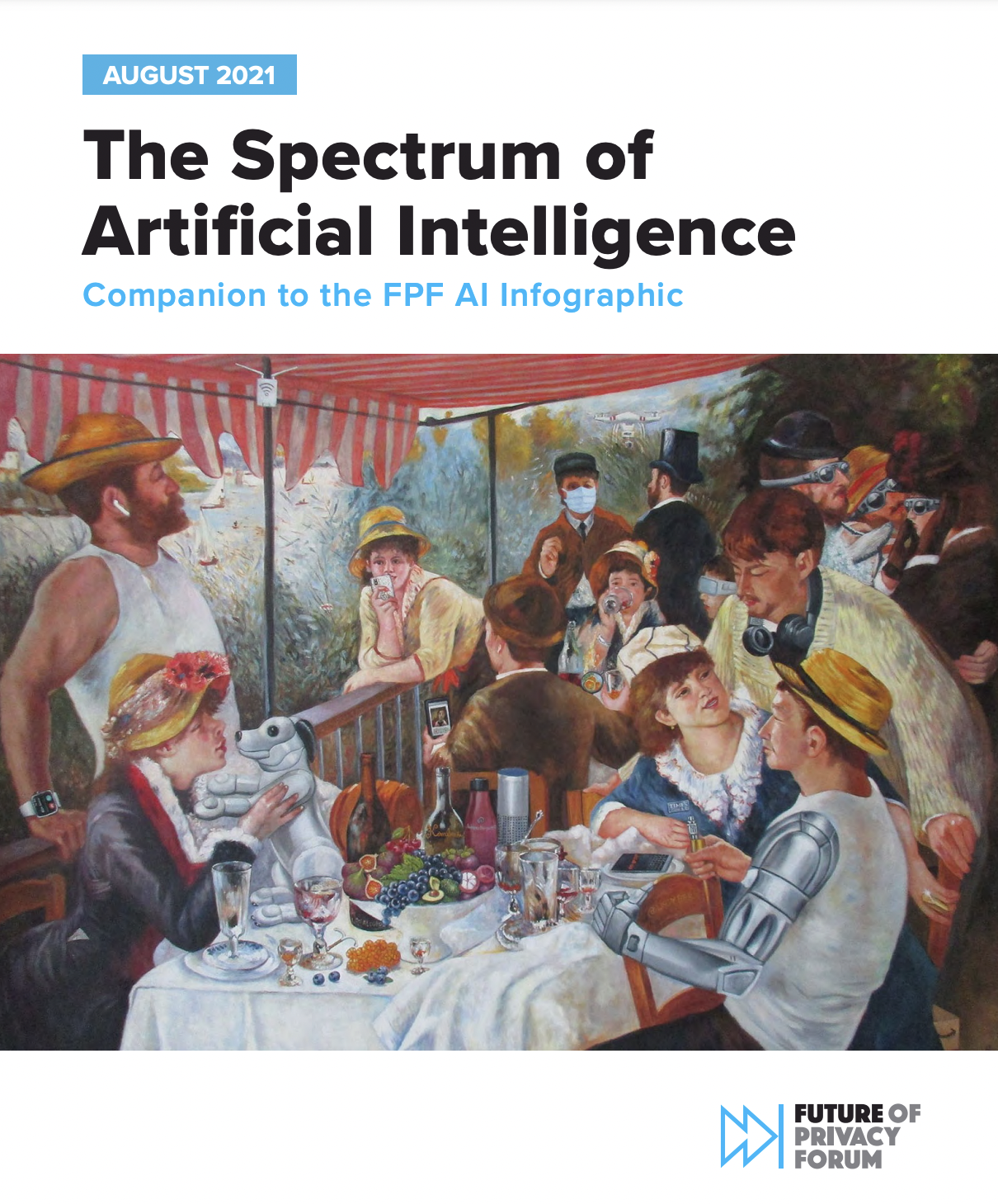Showing results for virg get free promo code xped finland

12th Annual Privacy Papers for Policymakers Awardees Explore the Nature of Privacy Rights & Harms
[…] February 10, 2022. Register for the virtual event The winners of the 2022 Privacy Papers for Policymakers Award are: Privacy Harms, by Danielle Keats Citron, University of Virginia School of Law; and Daniel J. Solove, George Washington University Law School This paper looks at how courts define harm in cases involving privacy violations and […]

Overcoming Hurdles to Effective Data Sharing for Researchers
[…] data. We also discussed evaluating research projects in light of public interest expectations. There was widespread agreement that data sharing is vital for various reasons, such as promoting the next generation of scientific breakthroughs and holding companies publicly accountable. On the other hand, there was disagreement on ensuring that data is available for research […]

“Are crumbles all that remains of the cookies?” A conversation on the future of ad tech at the Nordic Privacy Arena 2021
[…] to enable the latter to make and website owners to respect those choices. He also took the view that such proposals could positively avoid leaving browser manufacturers free to establish default settings. Then, the panel touched on the question: are online players unwilling to correctly configure their consent banners, in line with current legal […]

Dispatch from the Global Privacy Assembly: The brave new world of international data transfers
[…] between those regions and the rest of the world”. The European Commission has recently concluded adequacy talks with South Korea, after having created the largest area of free data flows for the EU with Japan, two years ago. “You will see more of that in the coming months and years, with other partners in […]

Event Report from DigitalxADB: Driving Digital Development across Asia and the Pacific
[…] global principles can be found in the OECD Privacy Guidelines, the APEC Privacy Principles, and for Southeast Asia, the ASEAN Principles for Data Protection, as well as free-trade agreements like the CPTPP and RCEP. At the same time, it is also necessary to adapt laws to local conditions – society, culture, and history. The […]

Five Things Lawyers Need to Know About AI
[…] IEEE Global Initiative on Ethics for Autonomous and Intelligent Systems. Prior to working at FPF, Sara was faculty in the Center for Public Administration and Policy at Virginia Tech and in the Department of Politics and Public Administration at the University of Hong Kong. She is a graduate of Texas A&M University and University […]

Event Report: From “Consent-Centric” Frameworks to Responsible Data Practices and Privacy Accountability in Asia Pacific
[…] be registered in the public vaccination system first, for which consent is required. But not everyone has access to the Internet or has the literacy required to get registered; moreover, the vaccination register itself is work in progress. Securing 100% opt-in consent from millions of drivers to be registered in the scheme is not […]

China’s New Comprehensive Data Protection Law: Context, Stated Objectives, Key Provisions
[…] or “written consent” for specific processing of PI (Art. 14). Similar to the GDPR, individuals have the right to withdraw consent (Art. 15). Inspired by the “ freely given” validity condition under the GDPR, the PIPL also provides that handlers may not refuse to provide products or services on the basis that an individual […]

The Spectrum of AI: Companion to the FPF AI Infographic
[…] economic, and professional opportunities. If regulation is to be effective, it should focus on both technical details and the underlying values and rights that must be protected from adverse uses of AI, to ensure that AI is ultimately used to promote human dignity and welfare. A .pdf version of the printed paper is available here.

Now, On the Internet, EVERYONE Knows You’re a Dog
[…] to unauthorized individuals. Security best practices require that authentication be accomplished via a multi-factor system, requiring two of the three options: something you know (password or pin code, security question), something you have (a smart card, specific mobile device, or USB token), or something you are (a biometric). Once an ID holder is authenticated, […]
